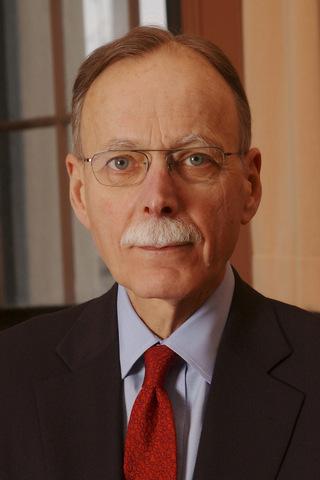The Perils and Promise of Law and Neuroscience
Thursday, November 6, 2014
4:30 p.m.
Ray and Kay Eckstein Hall
1215 West Michigan Street
Milwaukee, Wisconsin
Parking is available on site.
1 CLE credit
presented by
Stephen J. Morse
University of Pennsylvania
Ferdinand Wakeman Hubbell Professor (Law School)
Professor of Psychology and Law in Psychiatry (School of Medicine)
Associate Director, Penn Center for Neuroscience and Society
Many legal scholars and neuroscientists have suggested that the new neuroscience, fueled by noninvasive brain imaging, will have a revolutionary effect on legal doctrine and case adjudication. Some have gone so far as to maintain that it may even revolutionize our understanding of the nature of law itself and the law's concept of the person. Professor Morse wryly characterizes such extravagant claims as signs of "Brain Overclaim Syndrome" and those who make them as in need of "Cognitive Jurotherapy." Taking examples primarily from criminal law (and somewhat less wryly), he will use the occasion of this Barrock Lecture to address why the new neuroscience is unlikely to justify many modest changes in the law for the near to intermediate term and why it is highly unlikely to have the claimed revolutionary effect. The lecture will conclude with a description of neuroscience advances that are currently promising and legally relevant.
Stephen J. Morse holds academic appointments in both law and psychiatry and is an expert in criminal and mental health law. His widely published work (including books with Foundation, Oxford, and Cambridge presses) emphasizes individual responsibility and the relation of the behavioral sciences and neurosciences to responsibility and social control. He is a board-certified forensic psychologist whose professional recognitions include the American Psychiatric Association's Isaac Ray Award, received earlier this year for distinguished contributions to forensic psychiatry and the psychiatric aspects of jurisprudence. Professor Morse has served as codirector of the MacArthur Foundation Law and Neuroscience Project and the Project's research group on Criminal Responsibility and Prediction; as a founding director of the Neuroethics Society; and as a trustee of the Bazelon Center for Mental Health Law in Washington, D.C. He received his law degree and Ph.D. in psychology and social relations from Harvard University.
This annual lecture remembers George Barrock, L'31, and Margaret Barrock.


